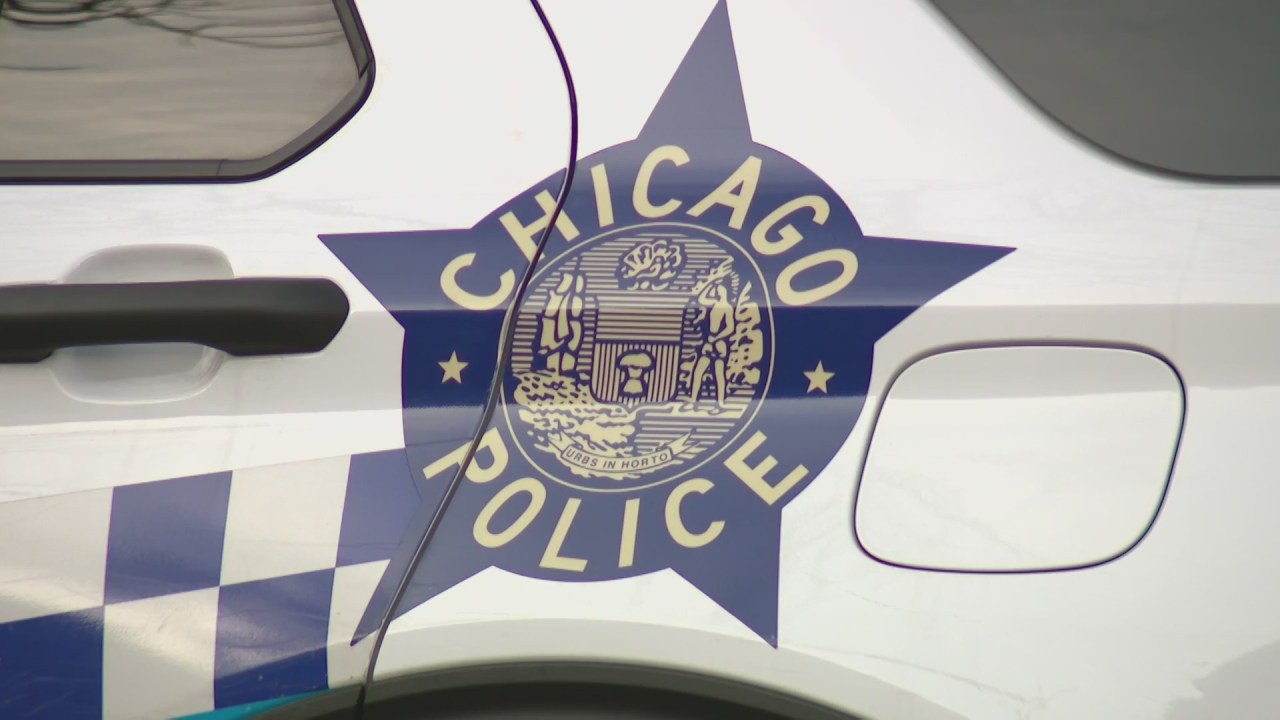CHICAGO — A Cook County Circuit judge ruled Thursday that Chicago police officers facing disciplinary charges no longer need to have their case heard by the Chicago police board.
They can now use an arbitrator for certain misconduct charges instead of going before the Chicago Police Board.
The Cook County Circuit judge ruled those arbitration hearings cannot be private and must be made available to the public.
38th Ward Ald. Nicholas Sposator called the ruling a fair compromise between the Fraternal Order of Police and the City of Chicago.
Judge Michael Mullen released a 26-page ruling today following a hearing with the FOP and city attorneys on Wednesday.
A lawsuit filed by the union argued that as public employees under a collective bargaining agreement, officers facing serious misconduct charges should be allowed a private arbitration instead of public hearings before the police board.
The city council voted down the union’s private arbitration appeal three times.
On Thursday, the judge ruled in arbitration but against hearings being held privately, stating restricting public access to arbitrations in serious police discipline cases would violate a federal court order mandating transparency in matters of police accountability.
“Now the police get to have arbitration, my understanding is there are some wins in there for the city and some wins for the police,” Sposato said.
Chicago’s Coalition of Police Accountability and Transparency released a statement calling the decision a victory for transparency and police accountability.
We are awaiting a response to a request for a comment from the FOP.
The Chicago Department of Law released the following statement.
“The City is pleased that Judge Mullen’s decision recognizes the necessity and strong public policy in favor of transparency, particularly for police misconduct cases resulting in terminations or lengthy suspension His ruling that hearings involving lengthy suspensions and discharges be open to the public furthers the City’s goals of transparency and building trust in the police disciplinary process. Further, the court’s decision that officers subject to discharge should be suspended without pay pending their dismissal or lengthy suspension upholds the City’s important practices and interests.”
